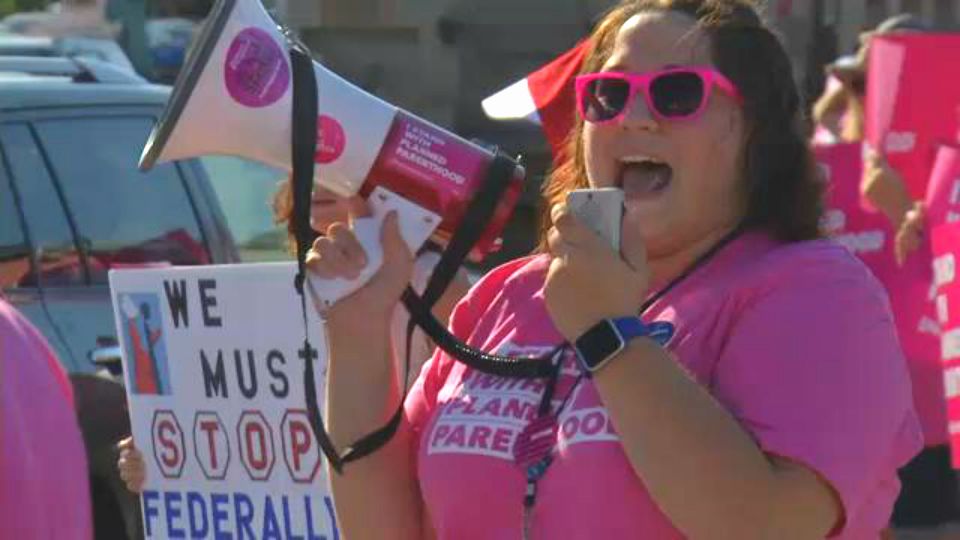FRANKFORT, Ky. — Planned Parenthood Advocates of Kentucky (PPAIK) has laid out which legislation they hope to gain Gov. Andy Beshear’s signature during the 2020 General Assembly session.
The first measure the organization is behind is yet to be filed legislation that would require comprehensive sexual education in all public schools.
Louisville Democrat Lisa Willner plans to sponsor the legislation and believes it’s something that can gain bipartisanship.
“Comprehensive sex-ed is truly the most pro-life legislation we could propose, it ought to have strong bipartisan support and we already know it has very strong public support,” Willner said. “I want to be really clear what comprehensive sexual education is, medically accurate, age-appropriate, inclusive sex ed is not just about sex. Comprehensive sex ed provides social and emotional tools for safe and healthy relationships.”
Another piece of legislation the organization is pushing is allowing women to obtain up to 12 months of birth control at a time. Rep. Chris Harris, D-Forest Hills, proposed similar legislation two years ago but it did not pass. 19 other states allow a year prescription of birth control.
Tamarra Weider, the public affairs and policy director for PPAIK, believes both of these measures could pass with support from pro-life lawmakers.
“We know there is common ground from pro-life people, our polling showed 90 percent of Kentuckians, that went across the political divide, went across the religious divide, they supported access to birth control, they supported medically accurate, age-appropriate comprehensive sex education,” Weider said. “We see this nationally, comprehensive sex ed is popular, people want their children to be equipped with the tools to protect themselves their whole lives long.”
Another piece of legislation supported by PPAIK and ACLU addresses the mortality rate of mothers and infants specifically in the minority community.
House Bill 138 Bill sponsor Rep. Attica Scott, D-Louisville, says people of color are three times more likely to die from complications during or immediately after pregnancy than white mothers when that number is broken down to just include black women—that number rises to for times. Scott says in Kentucky there are 22.9 deaths per 100,000 births.
“Shouldn’t every person in Kentucky be entitled to dignity and respect during and after their pregnancy? I would think so, and I would think that the entire legislature would agree,” said Scott. “And that dignity and respect should extend to you regardless of your age, citizenship status, disability, first language, nationality, race, religion, sexual orientation, or social-economic status.”
The legislation would help providers identify unconscious biases, cultural and structural barriers to inclusion, corrective measures to decrease the bias as well as several other things. While creating a state child and maternal fatality review team to track and investigate maternal and infant deaths.



